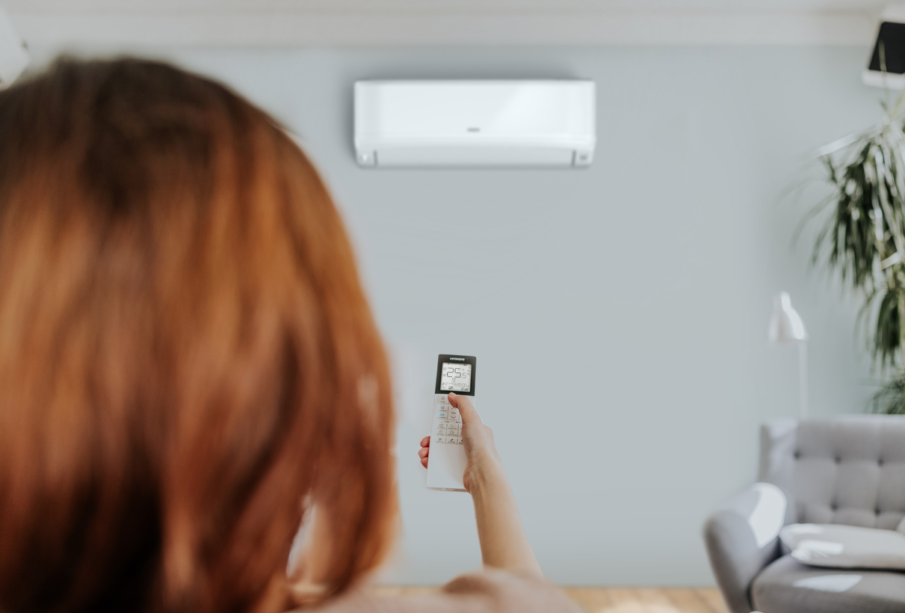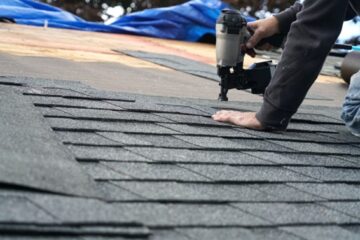Top Maintenance Tips for Ducted Air Conditioning Systems in Homes

Ducted systems are one of Newcastle’s commonly used systems of heating and cooling houses. It is considered that they are somewhat effective and allow for maintaining constant temperature in the house. Nonetheless, their performance needs to be checked occasionally, and proper care has to be taken to increase their life expectancy. The comprehensive maintenance guidelines can help homeowners maintain their ducted air conditioning in Newcastle.
1. Regular Filter Changes
Among various obvious procedures for maintaining the cleaner, the most essential is replacing the air filters. From all these, it has been estimated that a choked filter could sharply reduce the flow by compressing the system, employing much energy and reducing its lifespan.
The filters should be replaced every 90 days, but if pets at home or any family member has an allergy to dust and other related materials, they should be replaced much more often. This simple step can help maintain air quality and system efficiency.
2. Annual Inspections
Nevertheless, in this case, it is advised that one should schedule the HVAC system for inspection and cleaning by a professional HVAC technician once every twelve months. These professionals can then carefully scan through the entire system and note any weaknesses as may be exemplified by a leakage, worn-out part or general inefficiency.
Catching and addressing these issues early can prevent more significant problems, ensuring the system operates optimally year-round.
3. Clearance Around Units
A ducted system’s internal and external units need sufficient space around them to ensure good air circulation and accessibility for maintenance or repairs. Keep at least one metre of clearance around external units, and ensure that furniture, curtains, or other household items do not obstruct internal vents. This not only aids in adequate air flow but also reduces the risk of overheating and system damage.
4. Duct Cleaning
Eventually, ducts can get dirty by accumulating dirt, debris, and even mould. This build-up will degrade the efficiency and quality of air within the system. It is advised to get ducts cleaned by professionals every few years to ensure the supplied air is hygienic and all the systems are working correctly.
This is particularly so, taking into consideration the fact that some of the most susceptible occupants are those having allergies and breathing disorders.
5. Check Insulation
Housing ducts are crucial in any home’s mechanical system, so their energy insulation is necessary. The insulation of the ductwork surface should also be checked occasionally, and if it shows recyclable signs of wearing or is damaged, it should be replaced. This is especially appropriate for concepts like the attic or the basement since much energy might often be lost through the exposed ducts.
6. Monitor Thermostat Settings
Balancing your home’s air supply will enhance your ducted system’s efficiency since proper thermostat control is essential. If you intend to manage or regulate your home heating system, do not program your thermostat to set a very high or very low temperature; instead, set a steady, easily maintainable temperature to ease pressure on the system.
One should also verify if they require a switch to a programmable one. If not, a programmable thermostat helps control the temperatures based on the user’s daily schedule and conserves energy whenever they are not around.
7. Listen for Unusual Noises
Any unusual sound coming from your ducted system should not be taken lightly. Any sound, whether rattling, banging, or whistling, indicates a problem with its parts or the ducting, whether it is a loose fitting, debris trapped somewhere, or any other mechanical troubles.
Suppose you hear certain peculiarities, such as the described sounds. In that case, it is advised to contact a technician who will diagnose the acceptable cause and solve the problem as soon as possible.
8. Seal Leaks in Ducts
Leaks in the ductwork can significantly reduce Maitland air conditioning efficiency by up to 20%. Check for any apertures at junctions, seams, or offshoots of the ductwork; if possible, use mastic sealant or metal tape to close all the gaps. Do not use duct tape for sealing; they are not very strong and provide a poor seal.
9. Review and Adjust Vents
Occasionally, reviewing the positioning and openness of all vents in the house can ensure balanced air distribution. Furniture or long-standing home arrangements can sometimes block vents, leading to inefficient heating or cooling. When using vents, ensure they are not blocked and are positioned to provide proper air circulation into the house.
10. Pest Control
Sometimes, the ducts involve rodents and insects that are likely to destroy property and hamper air draw. When cleaning ducts, it is equally essential to ensure no accumulation of pests; consult a professional for pest control.
11. Upgrade When Necessary
To clarify, regular and proper maintenance could help prolong the life span of a ducted system, but such a system is not invincible. Pay special attention to the age and efficiency of the distributed systems. If the system is over fifteen to twenty years old, installing a new and efficient system will be financially wiser.
12. Educate Household Members
Just as it is crucial to ensure that all the house members are knowledgeable about the ducted system’s benefits, they should also be aware of its necessary upkeep. Environmental measures also play a significant role: for instance, people should make it a point not to open doors and windows when the system is on.
13. Develop a Maintenance Schedule
Keeping a scheduled maintenance log can help in timely maintenance checks and actions. This schedule can include filter changes, seasonal inspections, and checks right before the heavy usage seasons of summer and winter.
Wrapping It Up
By implementing these comprehensive maintenance tips, homeowners in Newcastle can fully enjoy the numerous benefits of their ducted systems. Regular upkeep enhances operational efficiency and contributes significantly to a healthier living environment. They consider energy bills since well-maintained systems use less energy as they work as expected.
Additionally, it reduces the likelihood of future expensive repairs, enabling homeowners to have comfort and a good night’s sleep during the cold season.














